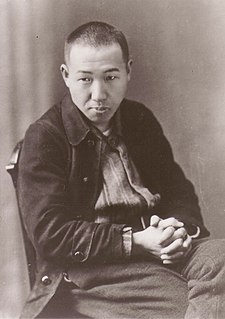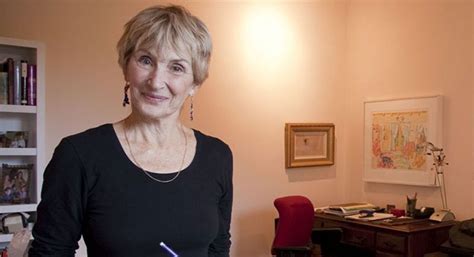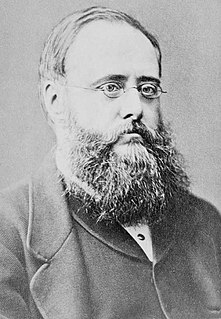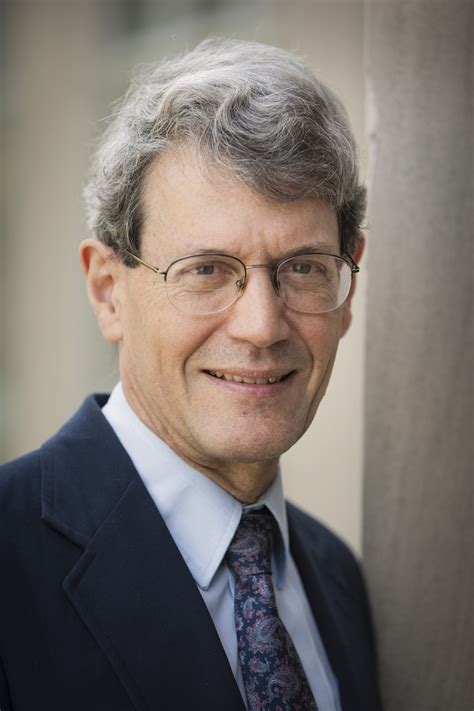A Quote by David Hume
If the contemplation, even of inanimate beauty, is so delightful; if it ravishes the senses, even when the fair form is foreign tous: What must be the effects of moral beauty? And what influence must it have, when it embellishes our own mind, and is the result of our own reflection and industry?
Related Quotes
Art itself is essentially ethical; because every true work of art must have a beauty or grandeur of some kind, and beauty and grandeur cannot be comprehended by the beholder except through the moral sentiment. The eye is only a witness; it is not a judge. The mind judges what the eye reports to it; therefore, whatever elevates the moral sentiment to the contemplation of beauty and grandeur is in itself ethical.
The refining influence is the study of art, which is the science of beauty; and I find that every man values every scrap of knowledge in art, every observation of his own in it, every hint he has caught from another. For the laws of beauty are the beauty of beauty, and give the mind the same or a higher joy than the sight of it gives the senses. The study of art is of high value to the growth of the intellect.
But in many orders of beauty, particularly those of the finer arts, it is requisite to employ much reasoning, in order to feel the proper sentiment; and a false relish may frequently be corrected by argument and reflection. There are just grounds to conclude, that moral beauty partakes of this latter species, and demands the assistance of our intellectual faculties, in order to give it a suitable influence on the human mind.
Beauty consists of its own passing, just as we reach for it. It’s the ephemeral configuration of things in the moment, when you see both their beauty and their death. ...Does this mean that this is how we must live our lives? Constantly poised between beauty and death, between movement and its disappearance? Maybe that’s what being alive is all about: so we can track down those moments that are dying.
Each of our passions, even love, has a stomach that must not be overloaded. We must in everything write the word 'finis' in time; we must restrain ourselves, when it becomes urgent; we must draw the bolt on the appetite, play a fantasia on the violin, then break the strings with our own hand. The Wise man is he who knows when and how to stop.
To believe in God or in a guiding force because someone tells you to is the height of stupidity. We are given senses to receive our information within. With our own eyes we see, and with our own skin we feel. With our intelligence, it is intended that we understand. But each person must puzzle it out for himself or herself.
The woman who first gives life, light, and form to our shadowy conceptions of beauty, fills a void in our spiritual nature that has remained unknown to us till she appeared. Sympathies that lie too deep for words, too deep almost for thoughts, are touched, at such times, by other charms than those which the senses feel and which the resources of expression can realise. The mystery which underlies the beauty of women is never raised above the reach of all expression until it has claimed kindred with the deeper mystery in our own souls.
Sometimes differences arise partly from incomplete information. We are finite. And we should admit that there are cases of uncertainty. But often the differences become exacerbated because of sinful inclinations underneath the surface, which incline us to prefer our own ideas and not to submit to what is less comfortable. We must be cautious about accusing anyone else of sin. We don't know people's hearts. But we must also avoid being naïve about the subtlety of sin and the corrupting effects of sin on the mind - our own minds, not only the mind of the other fellow.






































